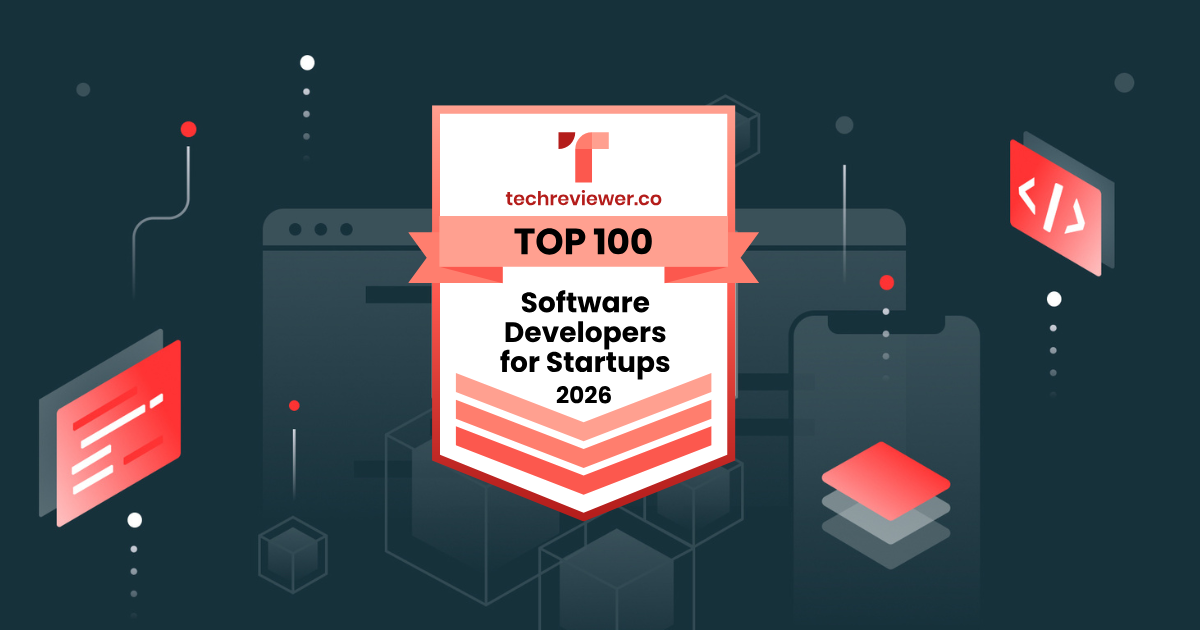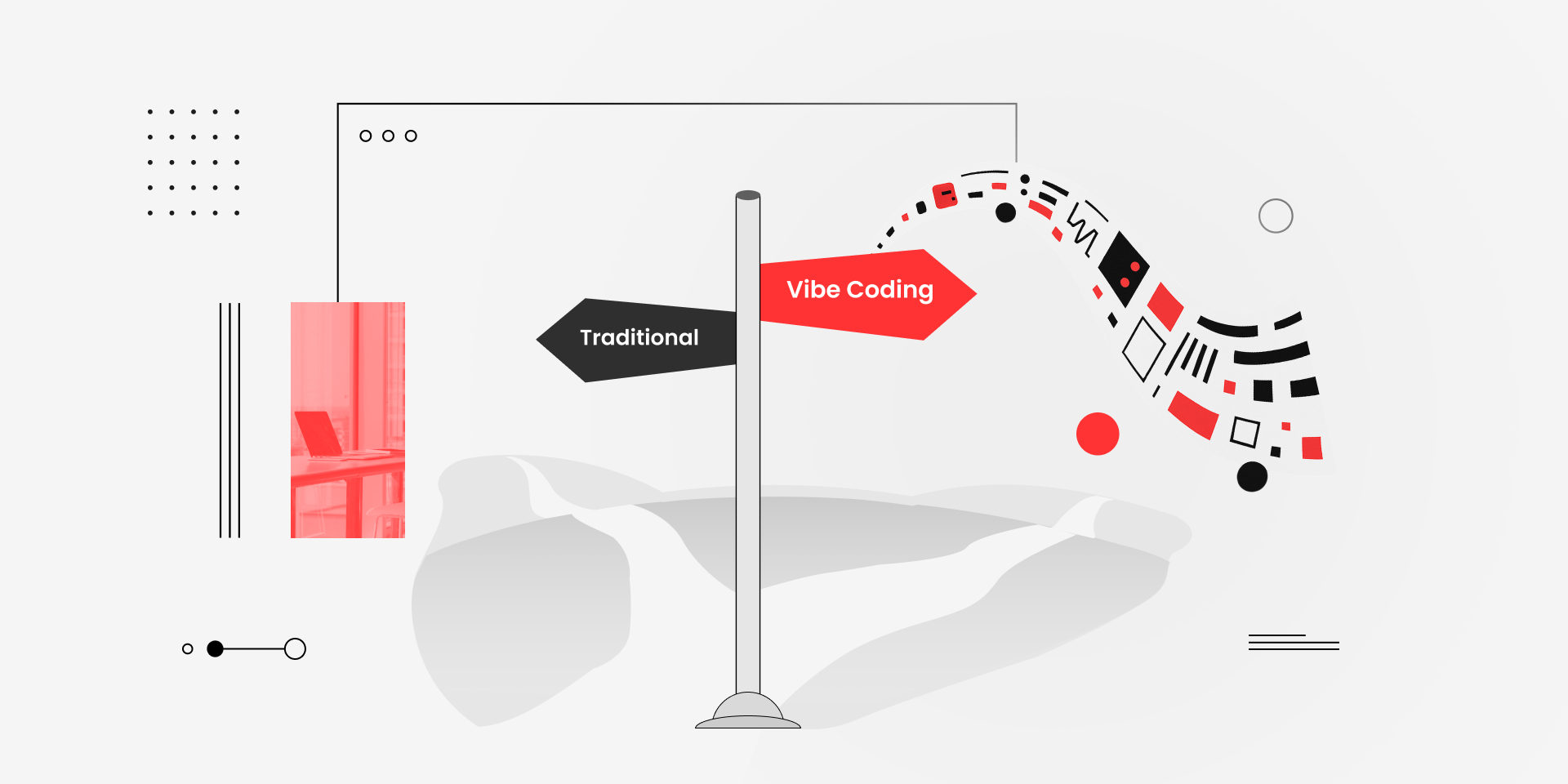Woocommerce, Magento, and Shopify: What Is the Difference Between the Platforms?
by Anna Khrupa on Jun 11, 2020
Over 1.8 billion people buy goods online, and each year sales continue to grow. According to Internet Retailer research, consumers spent around 3.46 trillion dollars online in 2019, compared to 2.93 trillion in the year before. Shopify’s data shows that 28% of buyers shop online a few times a month, while 15% of consumers purchase on the internet weekly. In order to meet that demand, more and more businesses launch their online shops. But how to build a successful one that will generate many sales?
How to launch a digital storefront the right way
The rapid development of technology and ferocious competition in online trading resulted in high customers’ requirements. It is no longer enough to set up a store with basic functionalities — shoppers need much more than that. If you want to attract customers’ attention, you also have to think about design, mobile optimization, payment options, marketing, customer support, and so on.
What all platforms for online shops have in common is an opportunity to list and sell the goods, however, when it comes to functionality and ability to meet the shopper’s needs, they differ a lot. If you want to build a sustainable e-commerce business, it is vital to choose the platform for your online store carefully. The key here is to understand whether its capabilities are in line with your business model is and your customer wishes.
WooCommerce Magento, and Shopify: the basics
WooCommerce Magento and Shopify. If you are currently planning to launch an online shop, you have certainly come across these three brands. These three e-commerce platforms are among the most popular online shopping systems in the world. There are more than 250,000 companies that run on Magento, while over 500,000 merchants use Shopify, and about 5 million shops have installed the WooCommerce plugin.
Building a WooCommerce/Shopify/Magento store turned out are one of the most beneficial ways to ensure the sustainability of an online shopping business. The other question is which platform you should choose? Let’s take a closer look at each of these e-commerce solutions and compare some of their characteristics.
What is Magento?
Magento is a professional solution for medium and large online shops that offer an impressive range of functions and specifications. When we talk about Magento marketplace development, we mean either Magento Community, a free open source version of the platform, or Magento Enterprise, a paid version of the solution. The first one is more suitable for small businesses that want to learn how to create an e-commerce site. At the same time, the Enterprise version is excellent for companies planning to scale their online shopping business and ready to experiment with extra features.
Magento platform uses the latest web technologies and offers comprehensive customer management expertise, back-office tools, an improved mobile shopping experience, point-of-sale (POS) integration, visually attractive product catalogs, and a host for reporting and promotions. It is worth mentioning that Magento is an extremely customizable platform; however, in order to utilize all the benefits it offers, you need to have advanced programming knowledge.
What is WooCommerce?
WooCommerce is not a typical shop software, but a WordPress plugin that extends the website with an online shop. Nevertheless, it is an excellent e-commerce solution that is available completely free of charge. A great variety of free and paid extensions of WooCommerce allows differentiating your business and improving your customer experience significantly.
WooCommerce also has a solid foundation with SEO-friendly links and integrated metadata. The platform is an excellent solution for the sale of both digital and material products that, in particular, gives an option to connect to big marketplaces, including eBay and Amazon.
What is Shopify?
Shopify is an affordable, all-in-one e-commerce solution for a wide variety of online stores. The big difference of Shopify from other similar solutions is that it is a cloud-based shop system. Shopify store development brings many advantages to your business: Shopify offers you integrated web hosting, payment processing/interface connections, an attractive front end design, and many other plugins.
Among the benefits of Shopify are a large developer community around the platform as well as countless extensions in the Shopify Store for every possible scenario.
Here are the most features of each platform.
| WooCommerce: | ||
|---|---|---|
| ✓Control of the checkout process | ✓Reporting | ✓Product Types and Variables |
| ✓Geo-location Support | ✓Reduce Page Loading | ✓Pre-installed payment gateway |
| ✓Product Types and Variables | ✓ Support/Hosting | ✓CRM/Store Management |
| ✓Automatic Taxes | ✓ Simplified Coupon System | ✓Product Reviews |
| ✓Shipping Calculations | ✓WordPress Content Integration | ✓ SEO |
| Shopify: | ||
|---|---|---|
| ✓Shopify Mobile | ✓ Automatic taxes | ✓Multiple languages |
| ✓Full blogging platform | ✓Dropshipping | ✓Mobile commerce ready |
| ✓70 payment gateways | ✓Marketing & SEO | ✓24/7 support |
| ✓Free SSL certificate | ✓Web hosting | ✓Order fulfillment |
| ✓Analytics | ✓Refunds | ✓Automatic carrier shipping rates |
| Magento: | ||
|---|---|---|
| ✓Web Design | ✓Order Management | ✓Reporting |
| ✓Customer service | ✓Product Management | ✓Tracking |
| ✓SEO | ✓Analytics | ✓SSL security support |
| ✓Shopping Cart | ✓ International Support | ✓Marketing |
| ✓ Inventory management | ✓Mobile Commerce | ✓Multiple Websites |
What about performance and scalability?
As can be seen, all three platforms have plenty of strengths and features to help you build a seamless online shop and deliver an enjoyable customer experience to the users. Each of the platforms is powerful enough to accommodate a significant amount of products along with high volumes of traffic on the site.
Do you want to build a successful online store?
Scalability is another critical requirement for the platform choice, especially when you have a big company or planning to expand your business in the future. Magento is a highly scalable platform that allows you to increase your resources when you need it and without any hassle. Shopify is also a good option for a growing company. Still, if you don’t want to experience any inconveniences, you will have to upgrade it to Shopify Plus (which can be costly but brings many benefits to your business).
WooCommerce store development is an excellent way of building an online shop too. However, the platform can’t be scaled so swiftly and easily as a standard WordPress site or other e-commerce solutions mentioned above. You don’t have to worry, though, because if you hire experienced developers, they will upgrade your current WooCommerce version without any glitch.
Is it easy to set up an e-commerce platform?
As mentioned earlier, Shopify and Magento and WooCommerceare are all pretty powerful platforms for building e-commerce stores. Each of the systems has a well-thought user interface that theoretically should help users to set up an online shop easily. In reality, it is not that simple, however.
While Shopify has a wizard mode that allows inexperienced users to set up their online shops, Magento is missing this function. Because Magento is not a hosted solution, looking for hosting and setting up the online e-commerce business becomes a challenging task. In the case of WooCommerce, you have to do many things before you start working with the platform, such as getting a domain name, signing up for a hosting account, installing WordPress properly, etc. Therefore, in all cases, it is better to hire professionals that will take care of the setup, thus help you stay focused on your core business tasks.
Final thoughts
Each of the platforms described in this article has multiple strengths and may become the perfect solution for your online store. Depending on the parameters of the project, some systems are better suitable for this goal. Therefore, taking a decision may be difficult.
Being engaged with e-commerce projects for more than 19 years, we have worked on the creation of different platforms and delivered dozens of successful solutions. Our highly professional experts will not only take care of the design, development, and testing of your e-commerce project but also can help you decide on a shop platform that meets your business needs best. If you are interested in smart and quick e-commerce development — contact us.

Have a wonderful idea in mind but no development team to bring it to life?
Contact us!We Help With
Your tech partner needs to be well versed in all kinds of software-related services. As the software development process involves different stages and cycles, the most natural solution is to have them all performed by the same team of experts. That’s exactly what our diverse range of services is for.
The choice of technology for your software project is one of the defining factors of its success. Here at QArea, we have hands-on experience with dozens of popular front-end, back-end, and mobile technologies for creating robust software solutions.
In-depth familiarity and practical experience with key technologies are one of the cornerstones of successful software development and QA. But it also takes specific knowledge of the industry to develop a solution that meets the expectations of the stakeholders and propels its owner to success.

Ensure an effective online presence for your business with a corporate site.






















